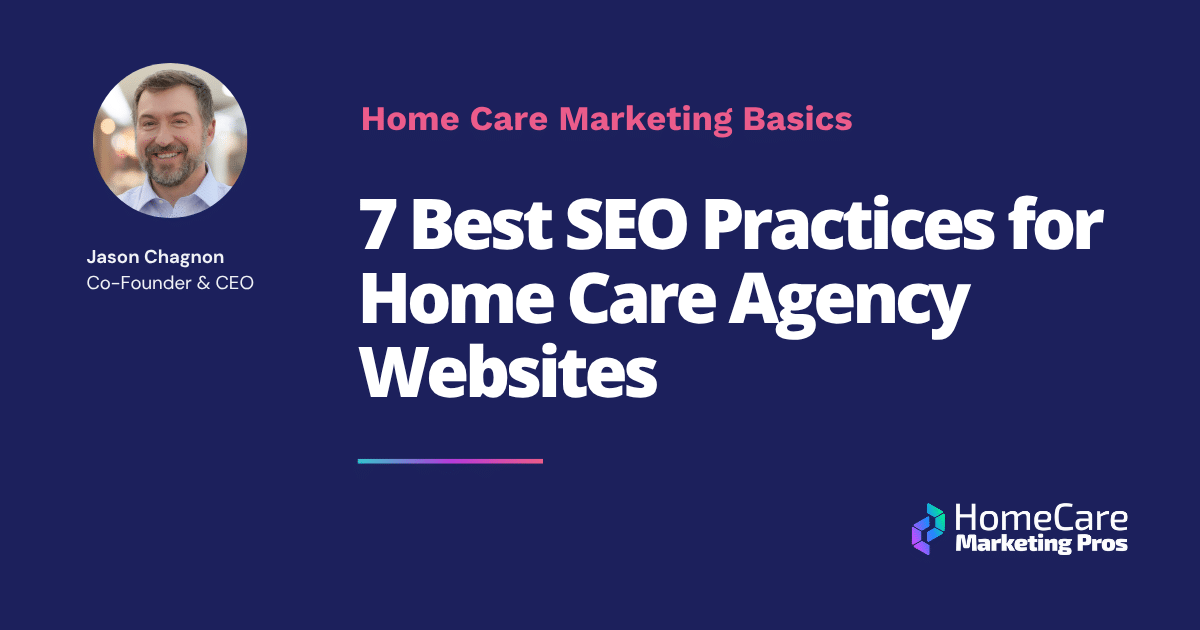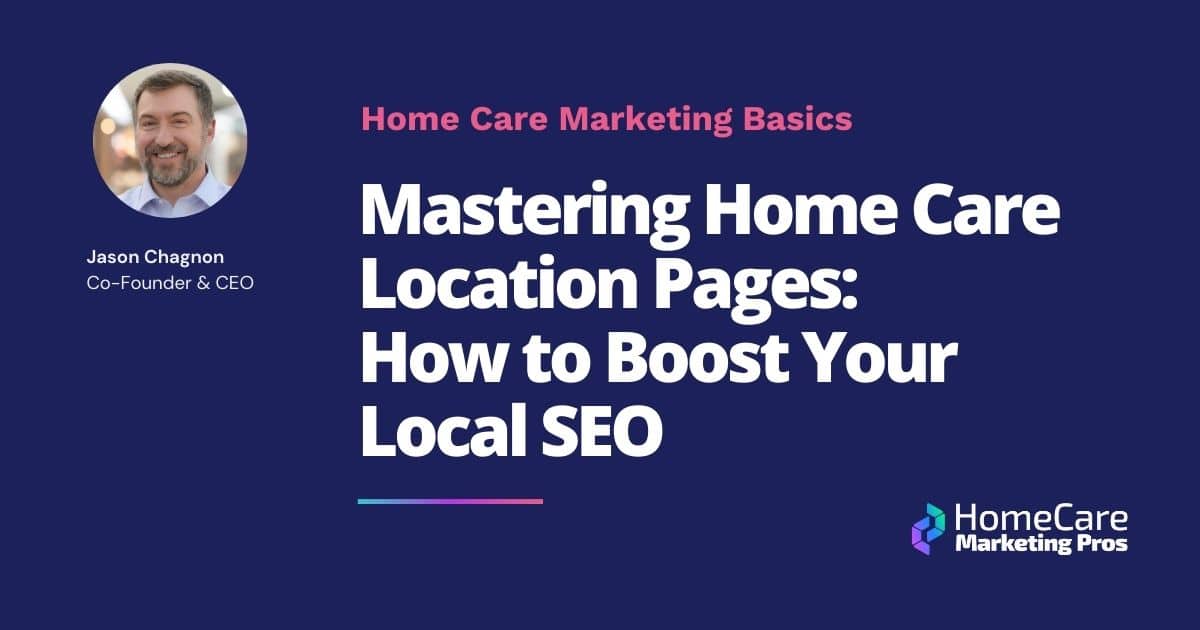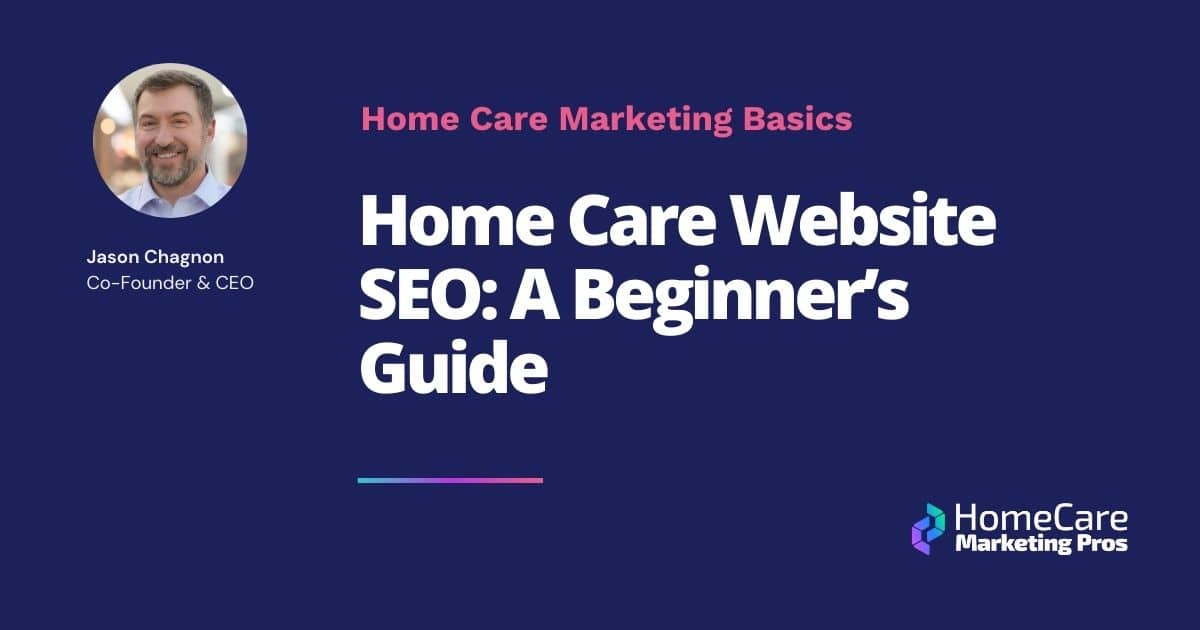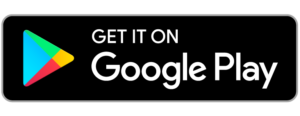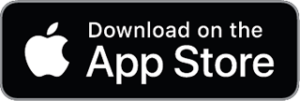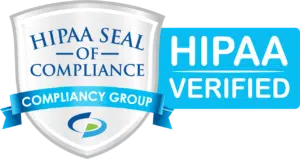
Jason Chagnon
Co-Founder & CEO
Reading time - 10 minutes

Running a home care agency isn’t easy—we get it. You’re not just providing compassionate care; you’re juggling inquiries, managing schedules, keeping clients happy, and ensuring caregivers are in the right place at the right time. And as your agency grows, so do the challenges. It can feel overwhelming trying to keep everything running smoothly. That’s where a home care CRM can make all the difference. It’s like having a tool that takes some of that weight off your shoulders, helping you stay organized and focused on what matters most—providing excellent care. Let’s explore how it can help.
What is a CRM?
A Customer Relationship Management (CRM) system is a versatile tool used by businesses to organize and manage their interactions with clients, prospects, and partners. It provides a centralized platform to track communications, store data, and optimize processes like sales and marketing. By automating repetitive tasks and delivering actionable insights, a CRM enhances productivity and fosters stronger relationships. For businesses of all types, a CRM becomes an essential foundation for streamlining operations and delivering a more personalized and efficient client experience.
How a CRM Differs from Scheduling Software
While both CRM and scheduling software are crucial for home care agencies, they serve different purposes. Scheduling software is designed to manage client visits and staffing operations, ensuring that caregivers are assigned to the right clients at the right times. On the other hand, a CRM focuses on tracking sales and marketing efforts, managing leads, referrals, and communication with potential clients.
Why Use a Home Care CRM?
A home care CRM is a specialized solution tailored to meet the needs of caregiving agencies. While it builds on the core functions of a traditional CRM—like managing interactions and automating workflows—it also addresses the unique challenges of home care operations. Features such as caregiver scheduling, compliance tracking, and care plan management are specifically designed to simplify the complexities of delivering at-home care. By centralizing all client-related information and automating key tasks, a home care CRM helps agencies provide personalized care, improve efficiency, and enhance the family experience—all while ensuring no vital details are overlooked.
How Does a Home Care CRM Work?
A home care CRM software functions as the central hub of your agency’s operations. It stores and organizes client and caregiver data, facilitates communication, and ensures workflows run smoothly. Integration with electronic visit verification systems allow real-time proof of patient visits, ensuring compliance and improving operational efficiency. Here’s a glimpse into how it works:
Centralized System
Think of a home care CRM as the brain of your agency. It keeps all client and lead information, interaction histories, and caregiver assignments in one secure and accessible place. Whether a family calls to update care preferences or a lead submits an inquiry through your website, the CRM logs it automatically for your team to follow up efficiently. By eliminating the need for manual data entry, the CRM streamlines workflows and improves accuracy, allowing your agency to focus more on patient care rather than administrative burdens.
Features Overview
Key features of a home care CRM include lead tracking, automated communication, and task management. For example:
- Lead Tracking: Monitor where inquiries come from (such as online ads or referrals) and track them through the sales funnel.
- Allows agencies to rank leads and referral sources, helping to identify and focus on the most effective sources.
- Automated Communication: Send follow-up emails or reminders at precisely the right time.
- Scheduling Tools: Match caregivers to clients based on skills, availability, and location.
Process Example
Imagine a potential client submits an inquiry through your website. Your CRM:
- Automatically logs their details into the system.
- Assigns the lead to a sales team member for follow-up, leveraging the CRM to track interactions and improve sales closures.
- Tracks every interaction, including emails or phone calls, ensuring nothing is missed.
By the time the family becomes a client, their information is comprehensive, current, and ready to guide the care team.
Essential Home Health Care Software Features for Home Care Agencies
When selecting a CRM, it’s important to look for features that cater specifically to the home care sector. Home health software often includes features like electronic visit verification, data analytics, and business intelligence tools to improve patient care and agency performance. Below are some must-have CRM system features that can benefit your agency:
- Lead Management and Tracking: Keep track of inquiries and ensure follow-ups don’t fall through the cracks.
- Client Profile Management: Store detailed client histories, preferences, and care plans in one place.
- Caregiver Scheduling and Task Assignments: Streamline caregiver workloads by matching them to appropriate clients based on expertise and availability.
- Automated Communication: Send personalized updates, billing reminders, and milestone celebrations to strengthen relationships.
- Compliance Tracking: Maintain audit-ready documentation to meet industry regulations effortlessly.
These features not only simplify operations but make your agency more reliable and professional in the eyes of families.
Benefits of Using a Home Care CRM
Investing in a CRM for home care offers wide-ranging benefits. From managing leads to retaining clients and streamlining operations, here’s how it can impact your agency: A CRM provides data-driven analytics and metrics, enabling agencies to gain insights into business performance and improve care quality.
1. Improved Lead Management and Referral Sources
Responding to leads promptly and efficiently can make or break your agency’s growth. A home care CRM ensures faster response times by automating workflows while helping your team prioritize high-value opportunities. Effective lead management strategies can help agencies attract more clients and expand their market presence. By tracking leads throughout their decision-making process, it also nurtures relationships, increasing the likelihood of conversion.
2. Better Client Retention
Clients value personalized, consistent service. A CRM allows agencies to send reminders for important dates or personalized messages, showing families that they matter. Personalized, consistent service improves patient care outcomes and fosters trust and loyalty. It ensures quality by keeping client preferences and histories at the forefront of every interaction, fostering trust and loyalty.
3. Streamlined Operations
Say goodbye to spreadsheets and scattered notes. Automating repetitive tasks like scheduling caregivers or sending follow-ups lets your team focus on what truly matters—providing exceptional care. With all client and team data accessible in one place, your staff will operate more efficiently.
4. Enhanced Marketing Efforts
A CRM doesn’t just help you retain clients—it helps you attract new ones. Use data insights to refine your marketing strategies, target high-value demographics, and personalize campaigns. For example, some home care CRM’s can segment leads from recent PPC ads and automate personalized follow-ups, increasing your chances of converting them into clients.
5. Compliance, Data Security, and Electronic Visit Verification
Navigating industry regulations can be daunting, but a home care CRM simplifies compliance by automating record-keeping and keeping sensitive information secure. It is HIPPA compliant and ensures only authorized personnel access client data, protecting families’ trust and reducing the risk of legal issues.
The Essential Role of CRMs in Home Care Success
The need for a CRM in home care goes beyond convenience—it’s essential for staying competitive. Agencies that adopt specialized home care CRMs can outperform those relying on outdated tools like spreadsheets by offering better communication, organization, and client experiences. Home health care software includes features like electronic visit verification, comprehensive analytics, and streamlined billing processes to optimize care delivery and operational performance.
Competitive Advantage
Using a home care CRM gives agencies an edge by enabling them to track and convert leads efficiently while fostering strong post-care relationships with families. This proactive approach translates to more referrals and long-term loyalty.
Digital-First World
Most families search for home care services online. A CRM helps agencies capture and nurture leads from digital platforms like search engines and PPC campaigns, ensuring they maximize visibility and conversion rates.
Choosing, Implementing, and Evaluating the Right Home Care CRM
Selecting and using the right home care CRM can revolutionize your agency’s operations, but it requires a strategic approach. Here’s how you can choose, implement, and evaluate a CRM to make the most of your investment.
Choosing the Right Home Care CRM
To ensure success, focus on these key criteria when selecting a CRM for your agency:
- Ease of Use: Opt for software that’s intuitive and simple to use, ensuring your team adopts it smoothly.
- Customization: Look for a CRM that aligns with your unique workflows and processes through adaptable features.
- Integration: Choose a solution that works seamlessly with tools you already use, like Google Ads, scheduling or EVV software, to ensure data flows effortlessly.
- Scalability: Select a CRM that can grow alongside your agency, adapting to new needs without disruption.
- Reliable Support: A provider offering strong customer support and training ensures your team stays confident and prepared.
Implementing Your Home Care CRM
A structured rollout plan increases your chances of a successful implementation. Follow these steps to get started:
- Define Goals: Identify what you want to achieve with the CRM—whether it’s improving lead management, simplifying scheduling, or increasing efficiency.
- Set Up the System: Work with your provider to configure the software for your agency’s needs, from customizing workflows to managing user access.
- Educate Your Team: Deliver hands-on training so staff can fully utilize the CRM’s features. Well-informed employees are key to long-term success.
- Begin Gradually: Start with the most crucial features and expand usage as your team becomes more comfortable.
- Monitor Progress: Regularly review how the system is performing and adjust workflows as necessary to align with your goals.
Evaluating CRM Success
Once your CRM is integrated, tracking performance ensures you’re getting good results. Monitor these key performance indicators (KPIs):
- Lead Conversion Rates: Assess how well leads transition into clients, revealing the efficiency of your lead management.
- Agency Growth: Keep an eye on sales or service increases, a sign that the CRM is supporting growth.
- Client Satisfaction: Use surveys and feedback to measure how the CRM helps deliver better experiences to families.
- Efficiency Metrics: Evaluate staff productivity by reviewing time saved on repetitive tasks through automation.
- Return on Investment (ROI): Calculate the financial advantages gained from the CRM compared to its costs.
By choosing a home care CRM that meets your operational needs, implementing it effectively, and tracking its performance, your agency can achieve higher efficiency, better client care, and sustained growth.
Why Not All CRMs Are Suitable for Home Care
While generic CRMs might seem like a cost-effective option, they often fall short in addressing the unique needs of home care agencies:
- Limited Features: Generic platforms typically lack caregiver scheduling and compliance tracking.
- Inefficient Workarounds: Agencies often spend too much time finding ways to make generic software “work” for their needs.
This is why choosing a specialized CRM for home care is crucial.
CareFunnels: a Tailored Home Care CRM Solution
When it comes to home care CRMs, CareFunnels stands out as a solution built specifically for the challenges faced by caregiving agencies. Its features go beyond generic capabilities with tools designed to enhance lead tracking, caregiver coordination, and client retention.
Standout Features
- Workflow Customization: Tailor the CRM to support your agency’s unique processes, from lead capture to scheduling.
- Data-Driven Insights: Analyze marketing campaigns, client feedback, and more to refine your strategies. Learn how CareFunnels achieves this with our article, “The Impact of Insights: Elevating Home Care Through Data Analytics“
- Seamless Automation: Streamline tasks like follow-ups, surveys, and communications, saving time and effort.
- Comprehensive Tools: CareFunnels offers home health software solutions with comprehensive tools and technologies designed to enhance operational efficiency and effectiveness.
Why Choose CareFunnels?
CareFunnels empowers agencies to remain competitive by fostering strong client relationships, improving efficiency, and leveraging data to drive growth. With its user-friendly tools and industry-specific features, it’s a must-have for expanding your reach and delivering outstanding care.
A home care CRM software could be the solution your agency needs to organize operations, nurture relationships, and stay ahead in a digital-first world. By adopting a specialized solution like CareFunnels, you’ll not only provide better service but also position your agency for success.
If you’d like to learn more, be sure to check out our articles:
- Why Home Care Agencies Need a CRM: The Core Features to Look For
- Why Generic CRMs Don’t Work for Home Care Agencies
Now’s the time to take your agency to the next level. Invest in a CRM tailored to your needs and see the difference it makes in your operations and client satisfaction. Schedule a demo and take the first step with CareFunnels today!


